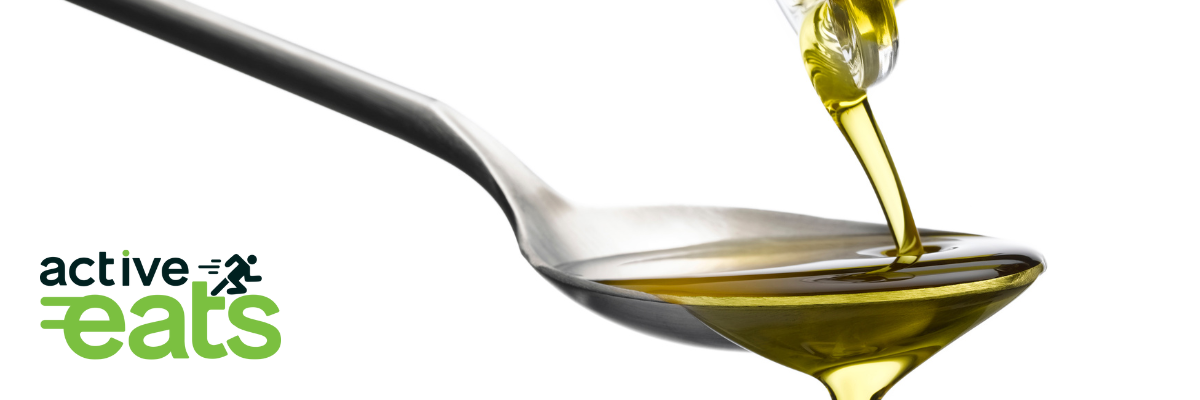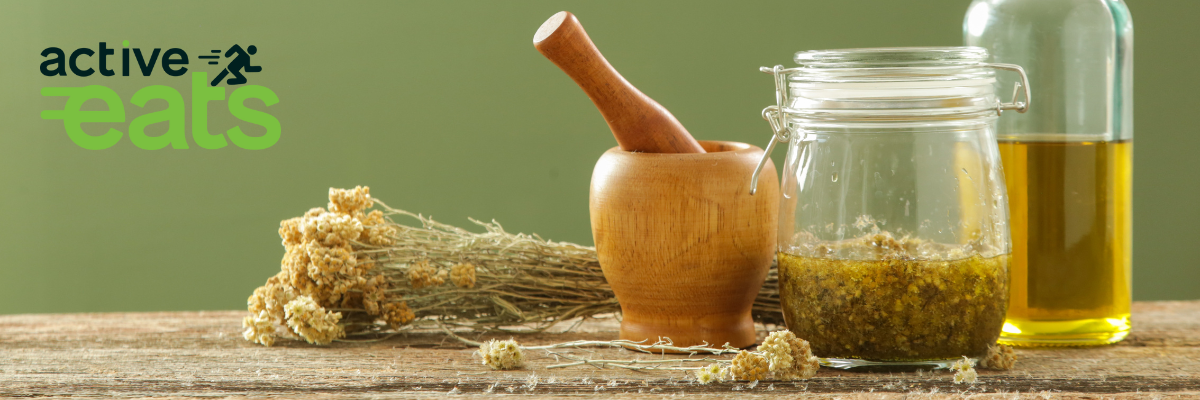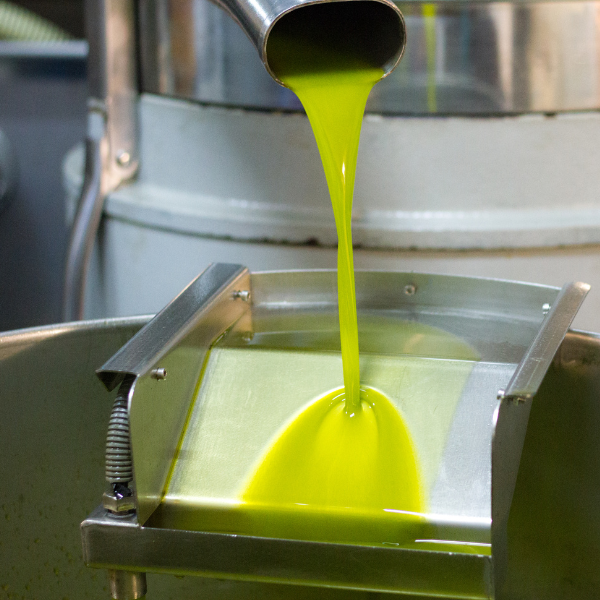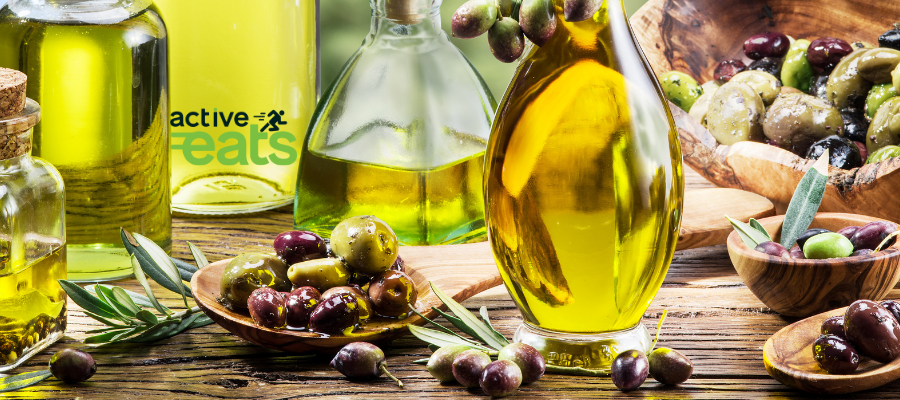Welcome to the wonderful world of olive oil, our latest blogging theme! Olive oil benefits have been proved right back for decades. Healthy nutrition, delicious taste, and lightness-it has it all. It would discuss in this post about the extraction process, the various types of olive oil and some proven benefits of olive oil, along with the argument regarding why we should drink 1 tbsp of it every day. The fabulous qualities of extra virgin olive oil, difference between cold and hot pressed olive oil and what are the side effects, ways to avoid them will also be discussed. So, start with the informative journey about olive oil!
The Art of Olive Oil Extraction
To obtain olive oil, oil is extracted from the olives.
The olives are washed, crushed, and then the oil is extracted by physical or chemical means.
For the old-fashioned olive oil extraction procedure, the olives are pressed and then freed of oil.
Unveiling the Different Types of Olive Oil
There are many types of olive oil to choose from. Let us discuss some of the most common types of olive oil:
- Extra Virgin Olive Oil
Extra virgin olive oil is the best quality olive oil. It is produced by the first cold press of the olives without any chemical treatment, hence retaining the natural taste and aroma of the olives. Extra virgin olive oil, having a low pH, is used as a finishing oil on salads and dressings and for dipping.
- Virgin Olive Oil
Virgin olive oil is also made from the first pressing of the olives, but it has slightly higher acidity compared to extra virgin olive oil but still has a good flavor. Usually, virgin olive oil is used in cooking and sautéing.
- Refined Olive Oil
By refining virgin olive oil, refined olive oil is obtained. It undergoes a process to remove any impurities or defects, resulting in a milder flavor. For high-heat cooking methods like frying or grilling, refined olive oil is best as it has a high smoke point.
- Pure Olive Oil
By blending refined olive oil and virgin or extra virgin olive oil, pure olive oil is obtained. It is used in cooking and baking purposes and has a lighter texture.
Right type of olive oil can be selected for your dishes with the understanding of the various different types of olive oil available. Either your need is of versatile cooking purpose or for a robust flavorful in dishes, you can find olive oil for every requirement.
For maintaining good heart health, olive oil is a great option as it is rich in monounsaturated fats. Risk of heart diseases can be minimized by these healthy fats by reducing bad cholesterol levels.
Research suggests that olive oil has anti-inflammatory properties. Therefore, adding olive oil to dishes can help in reducing inflammation in the body and keeping you away from various other diseases associated with chronic inflammation.
Moreover, antioxidants like vitamin E and phenols are found in olive oil. To protect the body against oxidative stress and damage caused by free radicals, these antioxidants are very helpful..
Olive Oil Benefits
- Risk of heart disease and stroke is minimized
- Blood pressure is lowered
- Blood sugar levels are improved
- Risk of colon and breast cancer is reduced
- Risk of Alzheimer’s and other neurodegenerative diseases is reduced by increasing cognitive function
Even if we know that olive oil benefits are numerous, it is recommended to limit its intake to support a balanced diet. To get maximum Olive Oil benefits, selection of high-quality olive oil like extra virgin olive oil is important.
Can Drinking 1 Tablespoon of Olive Oil Daily Improve Your Health?

For different olive oil benefits, 1 tablespoon of olive oil must be consumed daily. The studies suggest that taking olive oil as a part of the daily routine is overall very beneficial to health and minimizes health risks on many diseases. Some potential Olive Oil benefits are:
Improved Digestion: Olive oil increases pancreatic secretion of digestive enzymes that help in digestion; it can get rid of digestive disorders, such as acid reflux, thereby strengthening the digestive system.
Weight Loss: Olive oil helps in weight loss very well and curbs cravings because of its high monounsaturated fat content. These types of fats create a sense of fullness and lower hunger.
Decreases Risk of Gallstone Formation: Olive oil consumption helps in preventing gallstones formation. The monounsaturated fats in olive oil help empty the gallbladder and reduce the chances of stone formation.
There are a lot of reasons to use olive oil and yet a limit should be placed on its consumption. In excess, olive oil may have adverse effects on health and add weight. The required quantity of olive oil in the daily diet must be decided with the help of a registered nutritionist or health care professional.
Extra Virgin Olive Oil Benefits
Highly regarded for its flavor and aroma, extra virgin olive oil results from the minimal processing of oil gained from the first pressing of the olives, which means it is the best quality olive oil.
Extra virgin olive oil has many health benefits due to its high antioxidant content. They promote heart health since they are not saturated ones. These oils might reduce your risk of heart disease, stroke, and certain kinds of cancer.
Being anti-inflammatory and counteracting oxidative stress in the body, extra virgin olive oil adds flavor to many dishes. Excellent extra virgin olive oil provides ample anti-inflammatory and antioxidant substances to battle free radicals in the body, thus facilitating the well-being of one’s life.
Cold Pressed vs Hot Pressed: Which Olive Oil Should You Choose?
Several terminologies, such as cold pressed and hot pressed, may be familiar to you when you buy the olive oil of your choice. Let’s check what these terms mean and how they affect the quality of oil.
Cold Pressed Olive Oil

The hydraulic press does oil extraction from olives, from which cold pressed olive oil results. There is minimal heating involved – usually below 80 degrees Fahrenheit (26 degrees Celsius). Due to this low temperature extraction method, such oil is of high quality and rich in the natural flavors, aromas, and nutrients of olives.
Hot Pressed Olive Oil

However, heat-pressed olive oil, unlike other olive oils, is obtained by heating the olives before extraction. Oil production from olives at high temperatures is more effective than cold temperatures; therefore, extraction at these temperatures will yield larger quantities. On the other hand, however, high-temperature oil extraction may change, at least to some extent, the nutrient value, aroma, and flavor of olive oil.
So, which olive oil should you choose? It ultimately depends on your preference and the desired outcome.
Cold Pressed Olive Oil Benefits: If you prioritize taste, aroma, and maximum nutrient retention, cold pressed olive oil is the way to go. Its gentle extraction process helps preserve the qualities of the olives and results in a more flavorful and nutritious oil.
Hot Pressed Olive Oil Benefits: If you’re looking for a higher yield and don’t mind sacrificing some flavor and nutrient content, hot pressed olive oil may be a suitable option. It is still a healthy choice but may have slightly different characteristics compared to cold pressed oil.
Both cold pressed and hot pressed olive oil are healthy and can be enjoyed as a part of daily life. Consider your personal preferences and culinary needs when selecting the one that suits you best.
Potential Side Effects of Olive Oil and How to Avoid Them
Olive is completely safe to eat but some people aren’t able to digest it properly and might suffer from digestive problems. If adequate amounts of olive oil are not consumed, there can be risks for heart disease and weight gain, leading to other health complications.
To prevent the negative effects of olive oil, one should:
- Take olive oil in moderate amounts
- It should be a component of a balanced diet with olive oil
- Usage should not be too much, olive oil shouldn’t be used in large quantities.
Conclusion
All these nutrients, plus the flavor added into the culinary world by olive oil provide so many health benefits. Olive oil is an essential in achieving a proper balanced diet and also in the protection of the heart against diseases. Its anti-inflammatory powers plus antioxidant properties enhance life in general. But in excess, olive oil may create adverse effects on health and weight gain. Be it extra virgin, virgin, cold-pressed, or hot-pressed, really relish the extraordinary qualities and potentials of the olive oil infused with your health responsibility.


Oils we Use: Priceless Insights | Coach Active Eats
[…] Olive Oil: […]